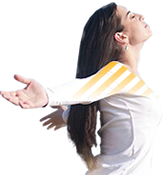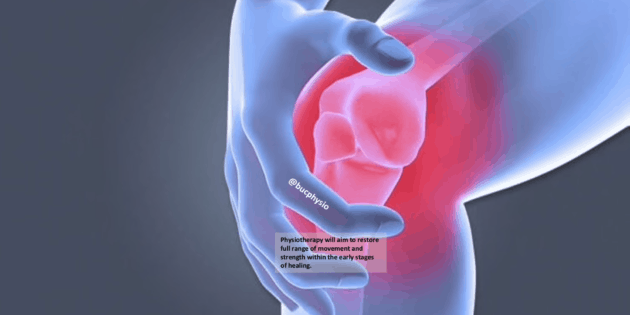What is a meniscus?
The meniscus is a cartilage structure which is found within the knee joint. This cartilage structure is a shock absorber between the thighbone and shinbone. This acts as a cushion to distribute load within the knee. Forces which are transferred through the knee increase exponentially as speeds of activity increases i.e running.

Occurrence
An injury may occur to the meniscus due to twisting or direct impact. These injuries are common during sporting activities. A tear may happen when sudden twisting of the knee occurs while the foot is still planted on the ground. Pain and swelling will occur within 24 hours. Walking, bending or twisting of the knee with difficult and painful. There may be a locking sensation when bending or straightening the knee. Injury may also occur due to repetitive wear-and-tear (degenerative) injuries.
Diagnosis
A full battery of diagnostic tests will be completed to determine a meniscus injury. Patients may have tears which cause few problems, while others may have tears which cause pain affecting activities of their daily living. MRI may be used to evaluate ligaments and articular cartilage health. Treatment ranges from non-operative to surgical, depending on multiple factors. These factors include symptoms, health status, age, type and location of the tear.
Intervention
Acute, traumatic tears, are typically treated surgically. The goal is to repair the meniscus structure. There are a variety of surgical techniques to do this. Meniscus repairs are completed as one day arthroscopic procedures( Key Hole Surgery). Patients are typically discharged on the same day of surgery. Physiotherapy begins immediately after this surgery. An unrestricted return to sports is usually achievable with Physiotherapy six months after surgery. However this may vary dependant on your particular injury
Rehab
The first goal of Physiotherapy rehab is to decrease post-operative pain and swelling. Physiotherapy interventions will include manual and exercise-based therapies. Physiotherapy will aim to restore full range of movement and strength within the early stages of healing. Next Physiotherapy will work to restore strength, balance and proprioception. Late stage rehab will include dynamic exercises such as jumping and directional change movements. We aim to achieve mutually agreed rehab goals with a return to baseline function.
If you’d like more info on this, and some easy, actionable tips you can use now to start easing your knee. We have a free knee pain guide that we can send you. Connect with us on 020 87474 029(Chiswick) , 020 87887 804(Putney) or email us on info@bodiesunderconstruction.com and tell us what’s going on with your knee. A member of the team can take your details and we can email or post you a copy.

FREE REPORT: “HERE’S HOW YOU CAN GET IN ON ALL THE FREE ADVICE CURRENTLY BEING GIVEN AWAY BY OUR BEST PHYSIOS TO PEOPLE WHO WANT TO KNOW HOW TO BRING A FAST END TO THEIR “DAILY, ANNOYING AND NAGGING” KNEE PAIN…BEFORE IT GETS ANY WORSE”!
…Meaning A Better Night’s Sleep, More Energy, Less Worry, And Above All…MORE Freedom To Do Things With LESS PAIN And Less Tension!… And That Would Be Nice, Right?
About the Author: Leslie Abrahams

Every week, for over 20 years, 100’s of people aged have consulted Leslie Abrahams looking for answers to concerning questions about, and for, a fast end to their health worries and physical pains and stiffness. He has previously worked and travelled with high-level athletes in the field of cycling and volleyball. Leslie also has a special interest in Spinal Treatments and Rehabilitation, lower limb injuries, and has experience dealing with patients post injury or surgery.
Leslie is a Master Trainer for the world renowned Australian Physiotherapy and Pilates Institute(APPI Pilates). He is regular key note speaker at conferences and travels internationally to present on modified exercise for rehabilitation. Leslie is the founder of Bodies Under Construction Clinics situated in Chiswick and Putney, London. South West London’s Specialist Private Physiotherapy Practice for People of all ages, but especially those in their 30’s. 40’s, 50’s, 60’s and beyond, who want to keep healthy and active.
- Back Pain. Stop Letting it Control Your Life: Discover How Physiotherapy Can Help - February 27, 2023
- Wanting to have an injury free summer of Running………..Read on! - May 16, 2022
- Top 5 tips when buying new running trainers! - March 2, 2022


